Mechanical Engineering 30 PDH Discount Package
Boiler Fuels, Emissions and Efficiency (M02-028)
Centrifugal and Positive Displacement Pumps (M03-002)
Fluid Flow (M06-001)
Heat Exchangers (M02-001)
Heat Transfer (M03-001)
Motor and Drive System Basics (E02-021)
Overview of Geothermal Energy (R01-001)
Thermodynamics (M08-001)
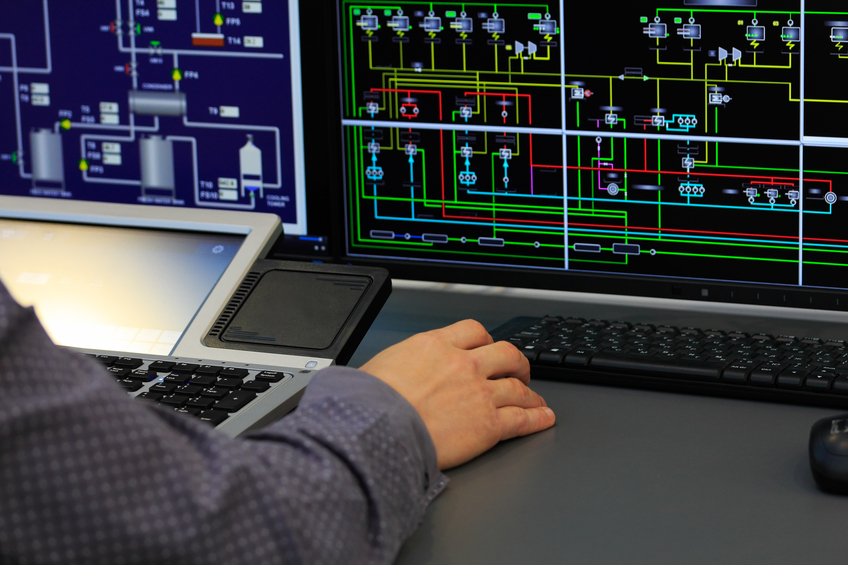
This online engineering PDH course provides an introduction to criteria for the design of heating plant instrumentation including selection, application and design of pneumatic, analog and digital control systems for steam boilers. A heating plant may contain one or more boilers. The plant may be an individual plant serving a single building or a compact group of buildings, or a central plant serving many buildings and facilities through an extensive distribution system.
The heating plant instrumentation discussed is, in general, for a saturated steam power boiler heating plant. The information provided may also be applicable to Low, Medium, and High Temperature Hot Water heating plants, but does not cover all of the requirements of those plants, such as control of water pressurization and circulation systems. The information may also be applicable to superheated-steam power plants, but does not cover the all of the requirements of those plants, such as steam extraction, reheating, steam turbine control, and cooling water controls.
This 3 PDH online course is intended for mechanical and electrical engineers and other design and construction professionals wanting to learn the fundamentals of heating, high pressure and power boiler control systems.
This PE continuing education course is intended to provide you with the following specific knowledge and skills:
- Learning about heating, high pressure and power boiler controls
- Learning how to choose the type of control that will do the job most economically over the lifetime of the equipment
- Learning how to assure compatibility with controls used in an existing plant, ease of operation and maintenance, and plant personnel familiarity and training
- Learning how to apply pneumatic, analog and digital control systems
- Learn about design issues at the electrical interface between instruments and a digital controller
- Learn about complex boiler control systems that may involve multiple digital control systems (e.g. DCS, PLC, or computer controlled smart instruments) linked together by a communication data bus
In this professional engineering CEU course, you need to review the course document titled, "An Introduction to Boiler Control Systems" .
Upon successful completion of the quiz, print your Certificate of Completion instantly. (Note: if you are paying by check or money order, you will be able to print it after we receive your payment.) For your convenience, we will also email it to you. Please note that you can log in to your account at any time to access and print your Certificate of Completion.
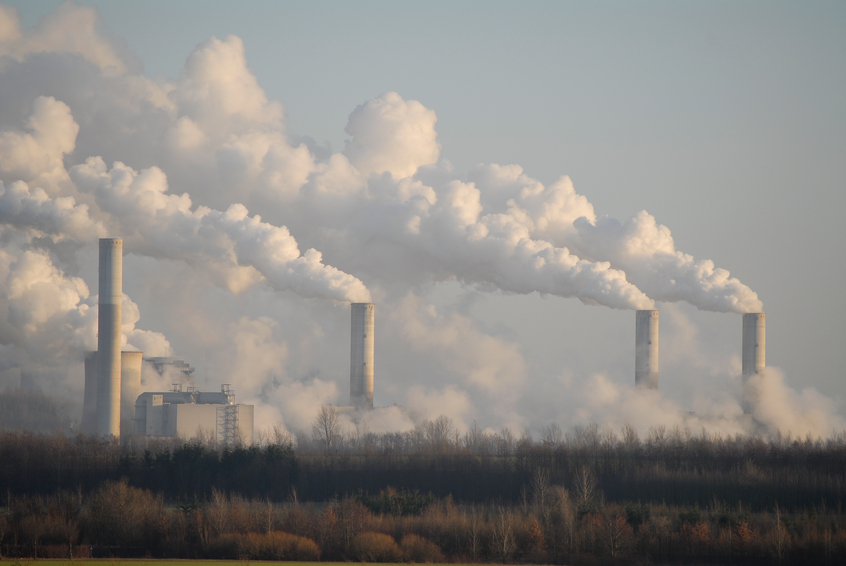
This online engineering PDH course introduces the different types of solid, liquid, and gaseous fuels commonly fired in industrial, commercial and institutional boilers. It describes the characteristics of fossil and non-fossil fuels with emphasis on coal, oil, natural gas, biomass, and refuse-derived fuels (RDFs). This course also presents the principle emissions from combustion boilers that are regulated under the Clean Air Act (
This 2 PDH online course is applicable to mechanical engineers, designers, contractors, building professionals, and manufacturers who are interested in gaining a better understanding of the various boiler fuels and their emissions.
This PE continuing education course is intended to provide you with the following specific knowledge and skills:
- Understanding the different types of solid, liquid and gaseous fuels commonly fired in boilers
- Knowing the four principle emissions from combustion boilers; nitrogen oxides (NOx), sulfur dioxide (SO2), particulate matter (PM) and carbon monoxide (CO)
- Learning how to maximize efficiency by understanding combustion losses and boiler losses
In this professional engineering CEU course, you need to review Chapter 3, "Fuels, Emissions, and Efficiency" of the Department of Energy (DOE) Publication "Guide to Low-Emission Boiler and Combustion Equipment Selection".
Upon successful completion of the quiz, print your Certificate of Completion instantly. (Note: if you are paying by check or money order, you will be able to print it after we receive your payment.) For your convenience, we will also email it to you. Please note that you can log in to your account at any time to access and print your Certificate of Completion.
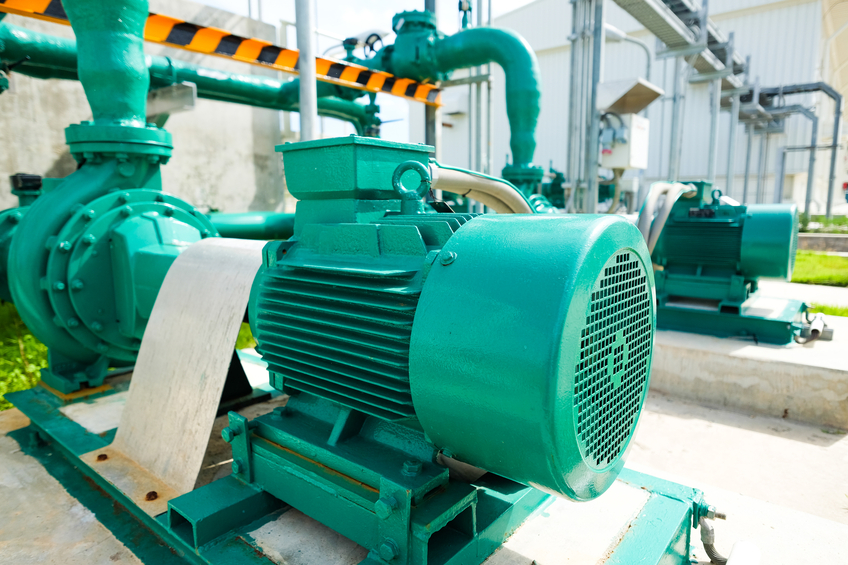
This online engineering PDH course explains the operation of centrifugal and positive displacement pumps. In general a pump is a mechanical device that is used to raise the flow of a fluid from one elevation to the other by increasing the pressure of the fluid.
Centrifugal pumps use a centripetal force, which is defined as the action that causes the fluid to move away from its center of rotation. Where as positive displacement pumps physically entrap a quantity of liquid at the suction of the pump and push that quantity out the discharge of the pump.
This 3 PDH online course is applicable to mechanical engineers, plant operators, maintenance personnel, and technical staff who are interested in gaining a better understanding centrifugal and displacement pump design and operation.
This PE continuing education course is intended to provide you with the following specific knowledge and skills:
- Learning the principle of operation of centrifugal and positive displacement pumps
- Learning the types and components of centrifugal and positive displacement pumps
- Understanding cavitation and cavitation prevention measures
- Performing Net Positive Suction Head calculations
- Understanding the characteristic curves of centrifugal and positive displacement pumps
- Understanding the protection methods of centrifugal and positive displacement pumps
In this professional engineering CEU course, you need to review DOE-HDBK-1018/1-93, Volume 1, Module 3 of Mechanical Science" published by the Department of Energy.
Upon successful completion of the quiz, print your Certificate of Completion instantly. (Note: if you are paying by check or money order, you will be able to print it after we receive your payment.) For your convenience, we will also email it to you. Please note that you can log in to your account at any time to access and print your Certificate of Completion.
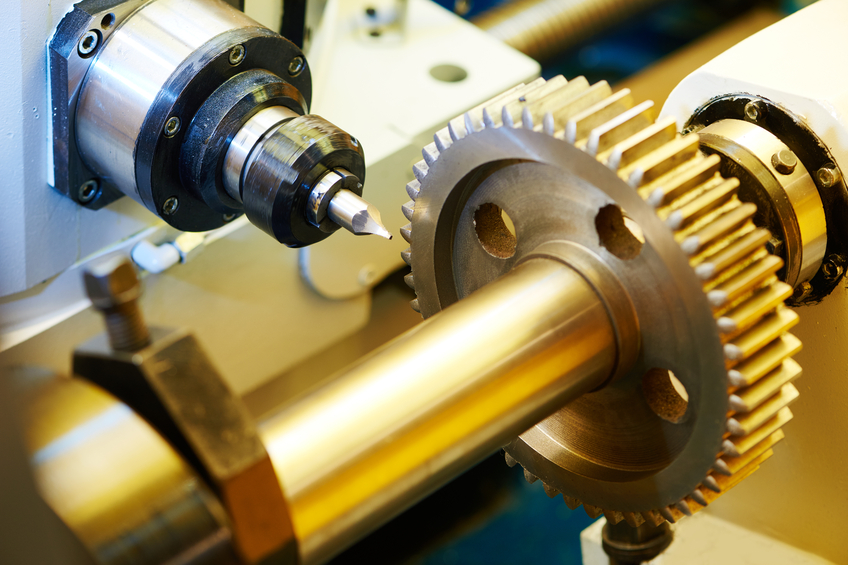
This online engineering PDH course discusses the fundamentals of Fluid Flow which is the study of the relationship between the different types of energy in a fluid stream through the use of Bernoulli's equation. The course also discusses the causes of head loss in fluid systems and what factors affect head loss.
This 6 PDH online course is applicable to mechanical and chemical engineers, nuclear facility operators, maintenance personnel, and other technical staff who are interested in understanding the mechanics of fluid flow.
This PE continuing education course is intended to provide you with the following specific knowledge and skills:
- Understanding the Continuity Equation
- Understanding Laminar and Turbulent Flow
- Learning Bernoulli's Equation
- Knowing Head Loss
- Understanding Natural Circulation
- Familiarizing with the different phases of Fluid Flow
- Understanding Centrifugal Pumps
In this professional engineering CEU course, you need to review Volume 3 of DOE-HDBK-1012/1-92, "Thermodynamics, Heat Transfer and Fluid Flow" published by the Department of Energy.
Upon successful completion of the quiz, print your Certificate of Completion instantly. (Note: if you are paying by check or money order, you will be able to print it after we receive your payment.) For your convenience, we will also email it to you. Please note that you can log in to your account at any time to access and print your Certificate of Completion.
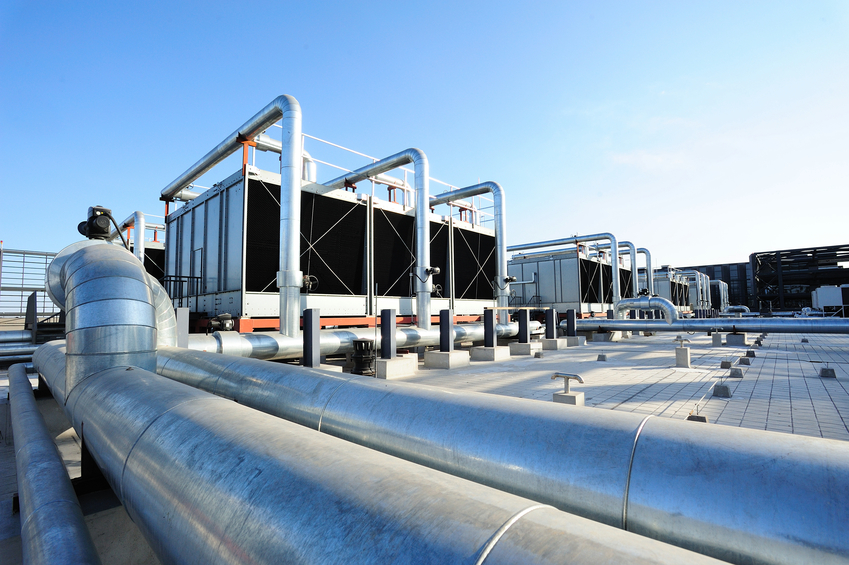
This online engineering PDH course describes the construction of plate heat exchangers as well as tube and shell heat exchangers. It also describes the flow patterns and temperature profiles in parallel flow, counter flow, and cross flow heat exchangers.
The transfer of thermal energy between fluids is one of the most important and frequently used processes in engineering. The transfer of heat is usually accomplished by means of a device known as a heat exchanger. Common applications of heat exchangers include boilers, fan coolers, cooling water heat exchangers, and condensers.
This 2 PDH online course is applicable to mechanical and chemical engineers, nuclear facility operators, maintenance personnel, and technical staff to fully understand the impact that their actions may have on the safe and reliable operation of facility components and systems.
This PE continuing education course is intended to provide you with the following specific knowledge and skills:
- Understanding the purpose of heat exchangers
- Learning the different types of heat exchangers
- Understanding heat exchanger applications
In this professional engineering CEU course, you need to review DOE-HDBK-1018/1-93, Volume 1, Module 2 of "Mechanical Science" published by the Department of Energy.
Upon successful completion of the quiz, print your Certificate of Completion instantly. (Note: if you are paying by check or money order, you will be able to print it after we receive your payment.) For your convenience, we will also email it to you. Please note that you can log in to your account at any time to access and print your Certificate of Completion.

This online engineering PDH course presents the fundamentals of Heat Transfer which is the study of thermal energy in transit due to temperature difference. Heat Transfer is a basic branch in thermal sciences which explains how heat is transferred by conduction, convection and thermal radiation. This course also explains how specific parameters can affect the rate of heat transfer.
This 3 PDH online course is applicable to mechanical and chemical engineers, nuclear facility operators, maintenance personnel, and other technical staff who are interested in understanding the mechanics of heat transfer.
This PE continuing education course is intended to provide you with the following specific knowledge and skills:
- Learning heat transfer terminology
- Understanding conduction heat transfer
- Understanding convection heat transfer
- Understanding radiant heat transfer
- Performing heat transfer design calculations
In this professional engineering CEU course, you need to review Volume 2 of the Department of Energy Publication DOE-HDBK-1012/1-92, "Thermodynamics, Heat Transfer and Fluid Flow".
Upon successful completion of the quiz, print your Certificate of Completion instantly. (Note: if you are paying by check or money order, you will be able to print it after we receive your payment.) For your convenience, we will also email it to you. Please note that you can log in to your account at any time to access and print your Certificate of Completion.
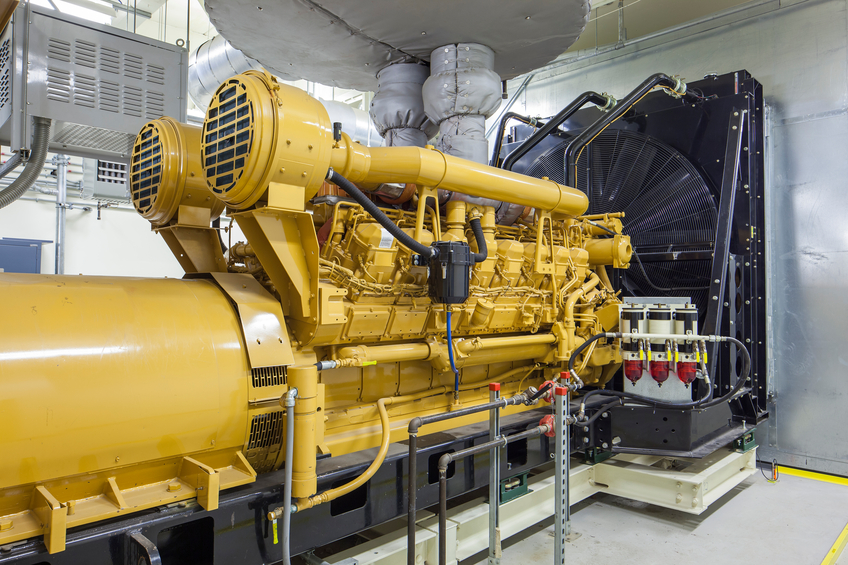
This online engineering PDH course presents the basics of motor and drive systems and briefly describes important terms, relationships, and system design considerations. It also describes key factors involved in motor and drive selection and system design, and provides an overview of the different types of motors and drives and their applications.
This 2 PDH online course is applicable to electrical and mechanical engineers, designers, contractors, building professionals and manufacturers who are involved with motor and drive systems.
This PE continuing education course is intended to provide you with the following specific knowledge and skills:
- Detecting the indications of a poor system design
- Learning about the different types of electric motors
- Understanding motor operating characteristics
- Selecting motors and drives for their corresponding applications
- Understanding load duty cycles
- Familiarizing with common motor selection problems
Upon successful completion of the quiz, print your Certificate of Completion instantly. (Note: if you are paying by check or money order, you will be able to print it after we receive your payment.) For your convenience, we will also email it to you. Please note that you can log in to your account at any time to access and print your Certificate of Completion.

This online engineering PDH course presents basic information regarding geothermal energy, its advantages over traditional energy sources, and the energy savings associated with its use. This course explains the different types of geothermal resources and how they are implemented in the industry, as well as the different types of geothermal power plants used. Furthermore this course highlights the direct uses of geothermal energy and illustrates the benefits of geothermal heat pumps.
This 1 PDH online course is applicable to engineers, contractors, designers, home owners, and personnel who are seeking an understanding of geothermal energy.
This PE continuing education course is intended to provide you with the following specific knowledge and skills:
- Understanding geothermal energy and its benefits
- Learning about the different types of geothermal resources
- Learning about the various geothermal power plants
- Learning about energy savings behind geothermal heat pumps
In this professional engineering CEU course, you need to review the DOE Publication, "Geothermal Energy - Power form the Depths", published by the Department of Energy.
Upon successful completion of the quiz, print your Certificate of Completion instantly. (Note: if you are paying by check or money order, you will be able to print it after we receive your payment.) For your convenience, we will also email it to you. Please note that you can log in to your account at any time to access and print your Certificate of Completion.

This online engineering PDH course discusses the fundamentals of thermodynamics which is the study of the relationship between heat and mechanical work; it is a branch of both physics and engineering science. This course analyzes the effects of changes in temperature, pressure and volume on physical systems at a macroscopic scale. It also explains how energy balances can be performed on facility systems and how efficiency can be calculated.
This 8 PDH online course is applicable to mechanical and chemical engineers, facility operators, maintenance personnel, and other technical staff who are interested in understanding the fundamentals of thermodynamics.
This PE continuing education course is intended to provide you with the following specific knowledge and skills:
- Understanding thermodynamic properties
- Performing temperature and pressure measurements
- Learning the characteristics of energy, work, and heat
- Understanding thermodynamic systems and processes
- Understanding the change of phase
- Familiarizing with property diagrams and steam tables
- Knowing first and second law of thermodynamics
- Understanding compression processes
In this professional engineering CEU course, you need to review Volume 1 of the Department of Energy Publication DOE-HDBK-1012/1-92, "Thermodynamics" published by the Department of Energy.
Upon successful completion of the quiz, print your Certificate of Completion instantly. (Note: if you are paying by check or money order, you will be able to print it after we receive your payment.) For your convenience, we will also email it to you. Please note that you can log in to your account at any time to access and print your Certificate of Completion.